We all know how Big Tech giants are violating our rights and undermining our democracy by putting their products and services above everyone else. There are currently two new bills Congress is considering that will challenge Big Tech’s monopoly power. Do we want an internet where big gatekeepers abuse their monopoly power to stifle competition and enforce censorship or do we want the internet to be an open, super-highway of democratic information? These new bills will help fight back against big tech and build an internet that’s competitive.
That’s why we are joining Fight for the Future, DuckDuckGo, Protonmail, and other privacy-focused organizations and internet companies to call on US policymakers to pass much-needed legislation that aims to make the internet open so that everyone has a shot. Big Tech is scared of these bills and has already spent over $36,000,000 on ads to discredit these bills. Amazon has tried to persuade people into thinking these bills have negative consequences for American consumers and small businesses. Google also put out a blog post, claiming these new bills would compromise user security.
The truth is, that we have not seen these levels of monopoly since Germany in 1940’s when the power of the monopolies was seized by the nazi party. Let’s look at some actual facts…
The evolution of US antitrust law
Between 1982 and 2012, market concentration across these industries increased, while the number of companies has fallen.
Source: The Hamilton Project
- Manufacturing 9%
- Utilities 37%
- Finance 135%
- Retail 416%
- Wholesale trade 8%
- Service 47%
Companies on the stock market are falling
From 1996 to 2016 the number of companies on the stock market has fallen by half.
Source: Credit Suisse
1996
2016
Many companies now have significant influence over entire industries through take-overs and mergers.
Source: CNBC
- 4 Airlines (Delta, American, Southwest, United Continental) 77.5%
- 4 Telecommunications companies (Sprint, AT&T, Verizon, Deutsche Telekom) 63.8%
- 3 Pharmaceutical companies (Walgreens, CVS, Rite Aid) 68%
- 2 Beer companies (Anheuser-Busch, Molson Coors) 61.4%
Summary of the Bills
The American Innovation and Choice Online Act – S. 2992, H.R. 3816
This bill prohibits certain large online platforms from engaging in specified acts, including giving preference to their own products on the platform, unfairly limiting the availability on the platform of competing products from another business, or discriminating in the application or enforcement of the platform’s terms of service among similarly situated users.
The Open Apps Markets Act – S.2710, H.R.5017
This bill establishes rules related to the operation of an app store by a covered company (i.e., the owner or controller of an app store with more than 50 million U.S. users).
Show your support of #AntitrustSummer
#AntitrustSummer on Twitter
There is also a helpful tool to help find your lawmakers Twitter handle with just your Zip code. Enter your zip code and the tool will find your members of Congress and pull their handles into your tweet.
📺WATCH: John Oliver’s latest @LastWeekTonight perfectly describes how Big Tech uses monopoly power to shut down competitors, obliterate consumer choice, and suppress innovation. https://t.co/DnxGn4tVRH pic.twitter.com/thDTTlO6t6
— Fight for the Future (@fightfortheftr) June 13, 2022
Mark Zuckerberg Wants to Rule the Future of the Internet. Chuck Schumer Must Stop Himhttps://t.co/i1A1zDXTA8
— TIME Ideas (@TIMEIdeas) June 22, 2022
A ground-breaking bipartisan bill aimed at reining in Big Tech now has the support of smaller tech companies like Spotify, Yelp, DuckDuckGo, and several other businesses https://t.co/l7bN3AahMh pic.twitter.com/yxUoPqHwmP
— Reuters (@Reuters) June 13, 2022
It's the first day of Antitrust Summer 😎✊ We’re going to end Big Tech’s monopoly power over our digital lives when Congress passes #S2992 and #S2710.
Contact Congress NOW to make it happen: https://t.co/8hoYCg8MlD— Fight for the Future (@fightfortheftr) June 21, 2022
The non-profit panel at the Tech Antitrust Bills briefing notes that these bills have strong public support and would help small businesses and the public. #antitrustsummer pic.twitter.com/X0rDJGcgN4
— Katie McInnis (@katielmcinnis) June 14, 2022
✅ Sunscreen
✅ Beach towel
✅ Ice cold drink
🔲 Antitrust legislation…
Tell your lawmakers to rein in Big Tech this #AntitrustSummer: https://t.co/HWb6WP54hh pic.twitter.com/CAvoRinkbT— Fight for the Future (@fightfortheftr) June 21, 2022
Big tech lobbyist are freaking out
Because they know we are going to win
Big tech lobbyists are freaking out
Because they know we are going to win
Big tech lobbyist are freaking out
Because they know we are going to win
Let's go!!!https://t.co/eRLSeaVJMz
— Evan Greer (@evan_greer) June 8, 2022
Organizations in support of the AntiTrust Bills
- Automattic
- Basecamp
- Brave Software
- Coalition for App Fairness
- Disconnect, Inc.
- DuckDuckGo
- Efani Secure Mobile
- Fathom Analytics
- fuboTV
- Function X
- Kelkoo Group
- Libro.fm
- LI Toy & Game
- Malloc Inc.
- Match Group
- Mio
- Neeva
- Presearch
- Proton AG
- Sonos
- SparkToro
- Spotify
- StartMail
- Thexyz
- Tinder
-
-
-
- YMOZ
-
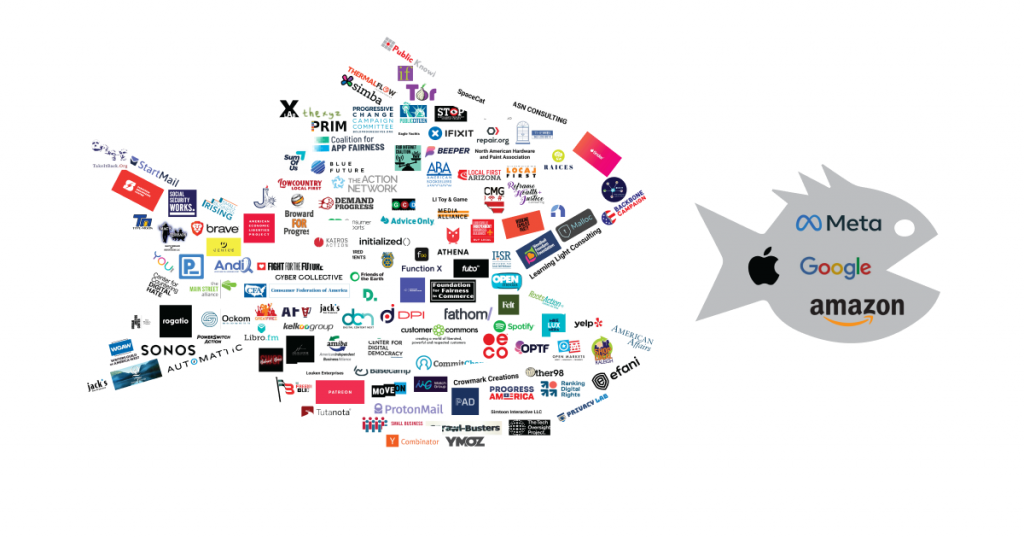

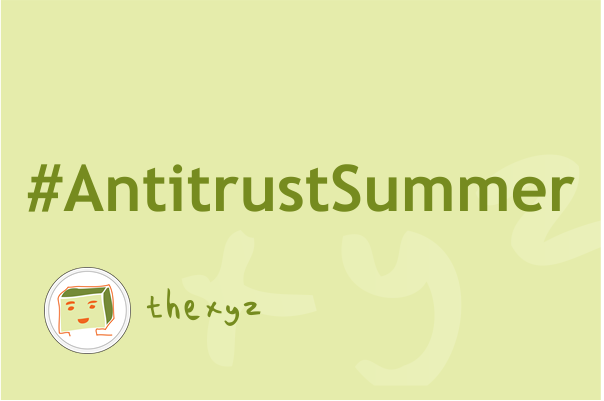
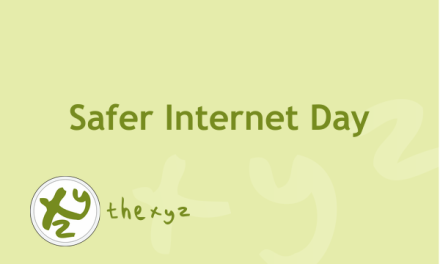
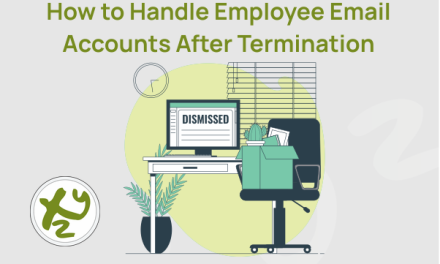

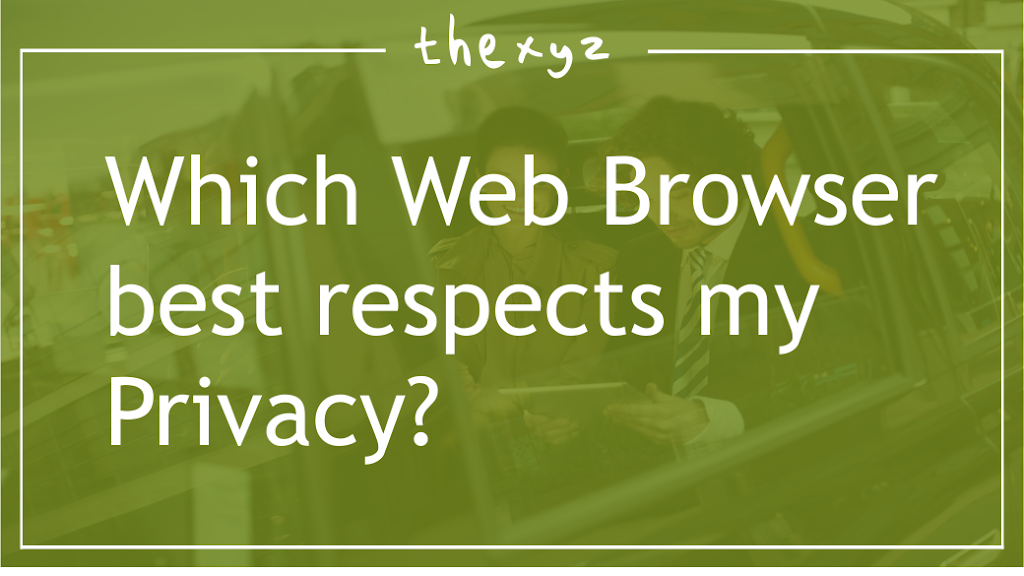


Good luck prevailing over F***book for anything.
Spent time on the line with Apple tech support the other day about my iCloud+ issues. End result was that I need to buy a cord to connect one device directly to another device because their magical mystery tour just ain’t all that. It’s a f**ing “cloud” I think to myself, it should not need wires.
Senator Schumer can and must call a vote on AICO. In doing so, he has a chance to make the internet better and sharpen America’s technological edge.
a moderate and sensible bill aimed squarely at well-documented abuses by the very largest online platforms.
Users – not Big Tech – are the ones who should decide what apps appear on their smartphones.
Monopolies are what caused WW2. Now is the time to stop these mergers.